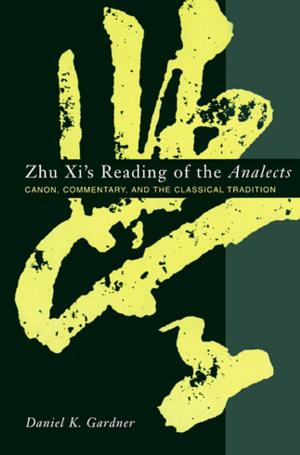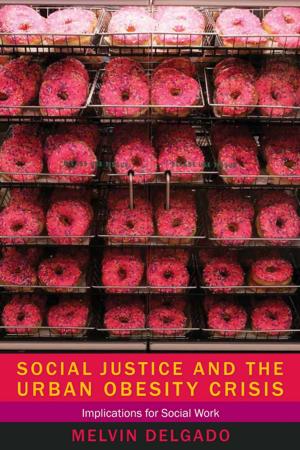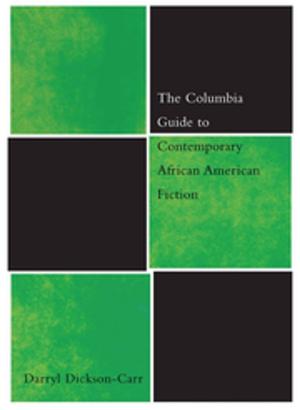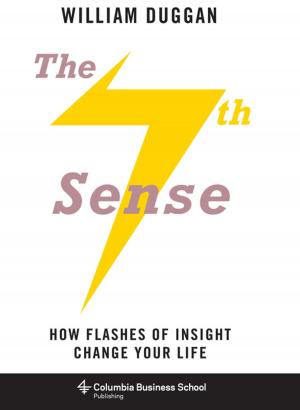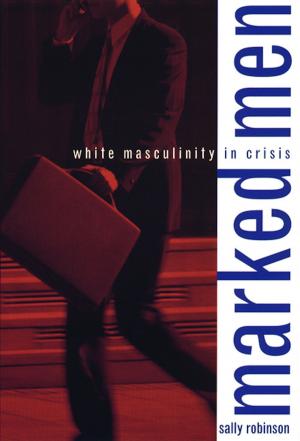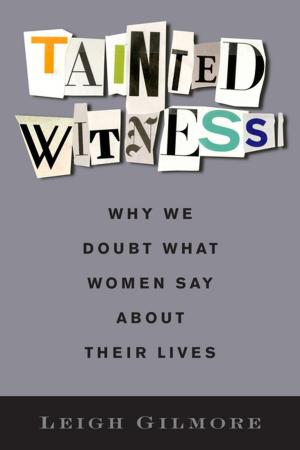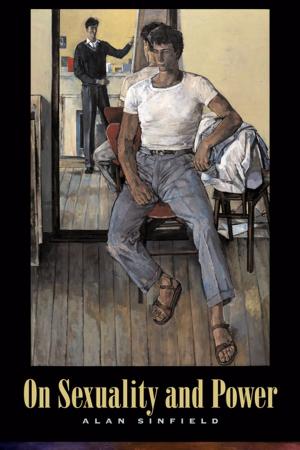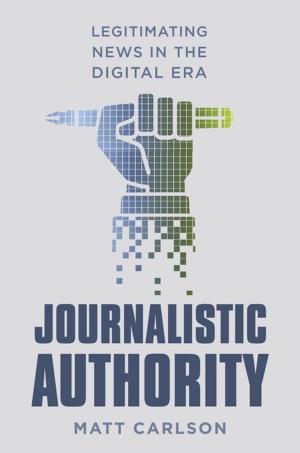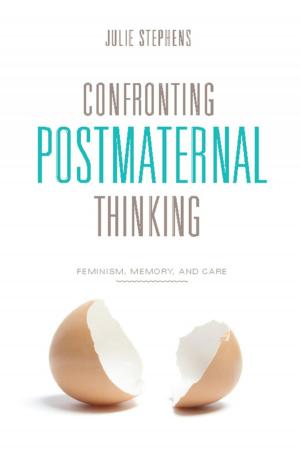Gray Sabbath
Jesus People USA, the Evangelical Left, and the Evolution of Christian Rock
Nonfiction, Entertainment, Music, Music Styles, Religious, Social & Cultural Studies, Social Science, Sociology, Marriage & Family, Religion & Spirituality, Christianity| Author: | Shawn Young | ISBN: | 9780231539562 |
| Publisher: | Columbia University Press | Publication: | August 11, 2015 |
| Imprint: | Columbia University Press | Language: | English |
| Author: | Shawn Young |
| ISBN: | 9780231539562 |
| Publisher: | Columbia University Press |
| Publication: | August 11, 2015 |
| Imprint: | Columbia University Press |
| Language: | English |
Formed in 1972, Jesus People USA is an evangelical Christian community that fundamentally transformed the American Christian music industry and the practice of American evangelicalism, which continues to evolve under its influence. In this fascinating ethnographic study, Shawn David Young replays not only the growth and influence of the group over the past three decades but also the left-leaning politics it developed that continue to serve as a catalyst for change.
Jesus People USA established a still-thriving Christian commune in downtown Chicago and a ground-breaking music festival that redefined the American Christian rock industry. Rather than join "establishment" evangelicalism and participate in what would become the megachurch movement, this community adopted a modified socialism and embraced forms of activism commonly associated with the New Left. Today the ideological tolerance of Jesus People USA aligns them closer to liberalism than to the religious right, and Young studies the embodiment of this liminality and its challenge to mainstream evangelical belief. He suggests the survival of this group is linked to a growing disenchantment with the separation of public and private, individual and community, and finds echoes of this postmodern faith deep within the evangelical subculture.
Formed in 1972, Jesus People USA is an evangelical Christian community that fundamentally transformed the American Christian music industry and the practice of American evangelicalism, which continues to evolve under its influence. In this fascinating ethnographic study, Shawn David Young replays not only the growth and influence of the group over the past three decades but also the left-leaning politics it developed that continue to serve as a catalyst for change.
Jesus People USA established a still-thriving Christian commune in downtown Chicago and a ground-breaking music festival that redefined the American Christian rock industry. Rather than join "establishment" evangelicalism and participate in what would become the megachurch movement, this community adopted a modified socialism and embraced forms of activism commonly associated with the New Left. Today the ideological tolerance of Jesus People USA aligns them closer to liberalism than to the religious right, and Young studies the embodiment of this liminality and its challenge to mainstream evangelical belief. He suggests the survival of this group is linked to a growing disenchantment with the separation of public and private, individual and community, and finds echoes of this postmodern faith deep within the evangelical subculture.

